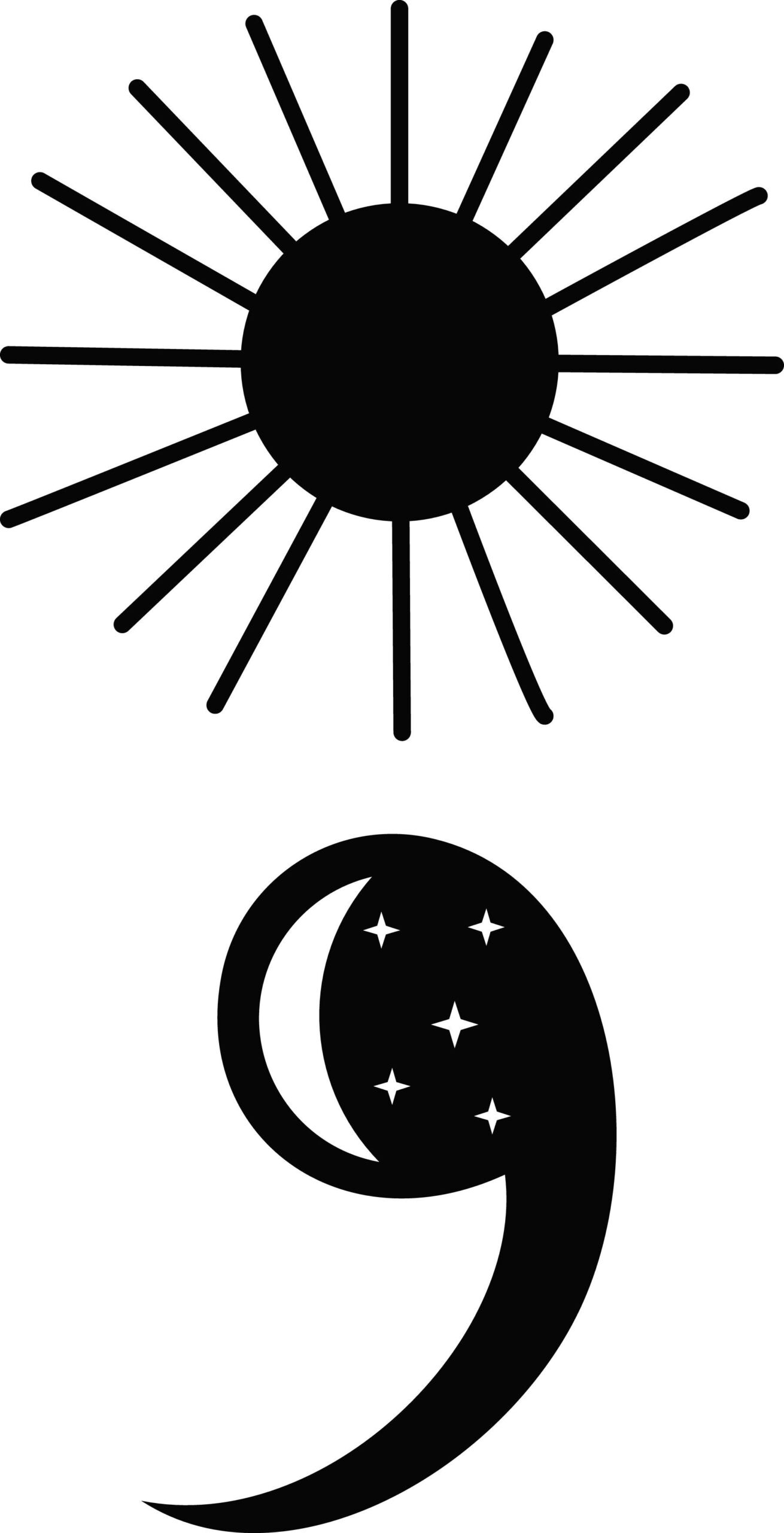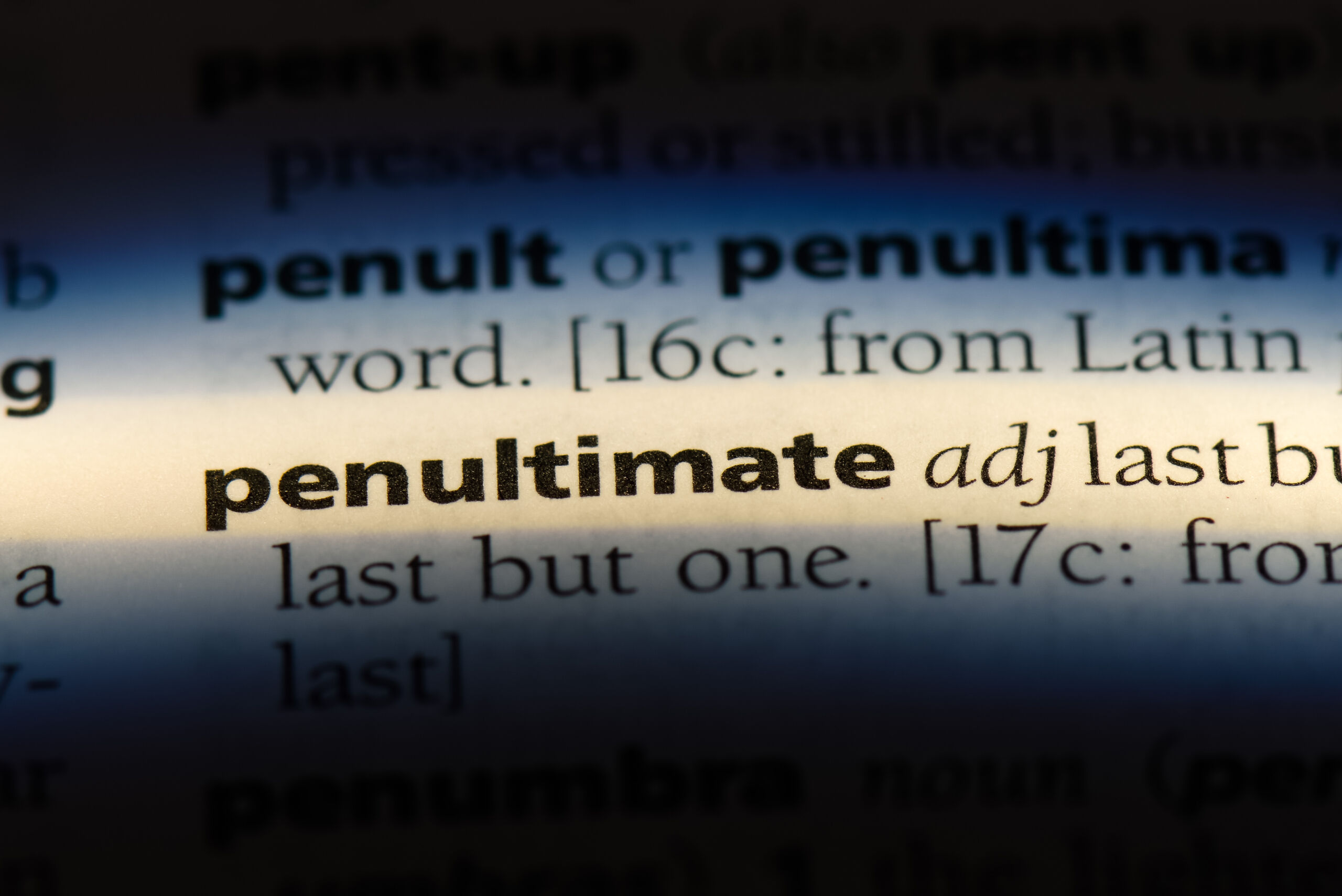Even if your copy is on message and reads well, small errors can sink you.
Every month, our team — led by proofreader Sarah Muench — shares a proofreading tip or two to help you strengthen your content, one detail at a time.
When to Use Semicolons
Love them or hate them (our proofreaders love them!!!), the semicolon is a tool in your grammar arsenal. This punctuation — ; — can be used to join two independent clauses together without using a [...]
Jell vs. gel
Jell-O is a gelatin dessert. Put that on your proofreading plate and eat it. Sometimes the English language is full of grammar surprises, like this homophone: jell/gel. Jell Jell is only a verb. It can [...]
Me, myself and I
Choosing the right first-person pronoun sometimes can be confusing. But there’s an easy test to self-check your grammar. Incorrect: When she’s done writing the first draft, she’ll send it to you or I. If you [...]
Given free rein (it’s not reign!)
We’ve all used and/or heard the expressions “free rein,” “rein it in,” and “take the reins.” All of them use the word “rein,” which can be a noun or a verb. Reins are the straps [...]
Pique, Peak or Peek?
Although they have identical pronunciation, "peak," "peek" and "pique" mean different things: Peek is related to sight. As a noun, it means a brief or furtive look. As a verb, it means to take a [...]
Tips for Writing about People with Disabilities
The terms “disabilities” and “disabled” span a broad range of physical, psychological, developmental and intellectual conditions. Some of these conditions are visible; others we cannot see. It’s important to remember that disabled individuals use diverse [...]
Writing Relevant Racial Terms: Black and African American
February is Black History Month, so let’s brush up on how to write some key terms that may appear in your content. First, when describing someone's race, ask the person their preference. In 2020, the [...]
Gray vs. Grey
Is it grey or gray? It's really just a matter of vowels. No difference exists in meaning between these two versions of the same word, whether used as a noun, adjective or verb. Grey is [...]
Whether vs. whether or not
“Whether” is a useful word to distinguish between two different scenarios, categories and more. But using "or not" with it can be redundant and a waste of space. For example: I wonder whether it will [...]
When to use “penultimate”
When else could you present a monthly grammar lesson on the word penultimate? See what we did there? If not, don't worry: Penultimate is just a fancy way of saying "next to last." Examples: November [...]










